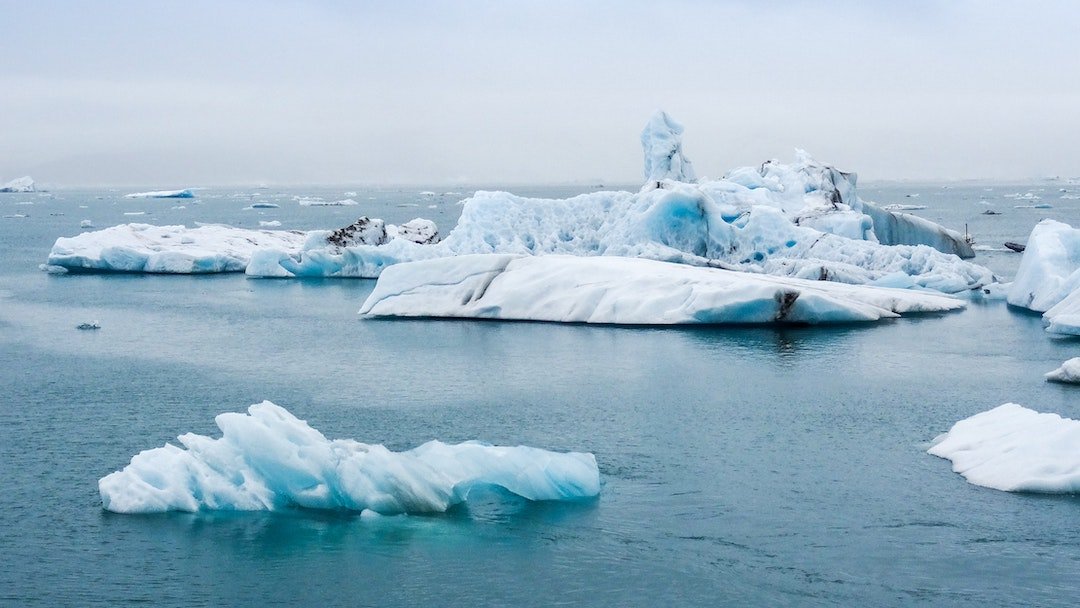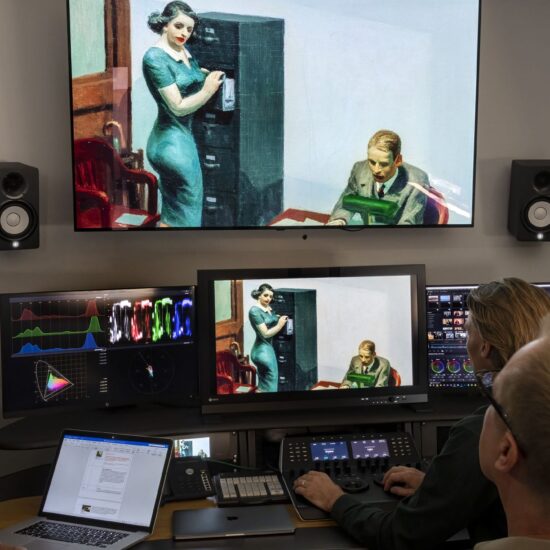
The intention of every documentary filmmaker is inherently to broadcast some form of truth or reality. Often this reality comes in the form of a perceived injustice. These 8 films were not only able to broadcast various injustices, but also (rather impressively) end up having real life implications in combating them. You might even say these documentaries each changed the world in their own little way.
Fire at Sea (2016)
Directed by Gianfranco Rosi, this documentary depicts life on the Italian island of Lampedusa, a major entry point for migrants fleeing Africa and the Middle East. The film juxtaposes the everyday existence of the island’s residents with the struggles and dangers faced by refugees, offering a poignant commentary on the refugee crisis.
Bowling for Columbine (2002)
The most famous film of documentarian Michael Moore’s career, Bowling for Columbine focuses on gun ownership in the United States and the factors leading to the infamous mass shooting in Columbine High School in 1999. In a grand display (the type of which Moore has become known for) Moore and a paralyzed victim of the shooting go to K-Mart headquarters to ‘try return’ the K-Mart bought bullets lodged in the victims spine. In response the following day K-Mart would announce they were halting the sale of handgun ammunition.
The Invisible War (2012)
This Oscar nominated documentary tackles the issue of sexual harassment and assault in the US military, or more specifically the mismanagement of reports of it. Through interviews with several military personnel The Invisible War shines a light on a problem that went below the radar in public consciousness. The films impact was felt even before its widespread release, as in April of 2012 Leon Panetta (the then Secretary of Defense) announced reforms in the military’s policy on sexual assault allegations after seeing the documentary himself. The following year President Obama would introduce a bill implementing further reforms.
2040 (2019)
2040 is a thought-provoking documentary film that takes viewers on a journey into the future and explores the potential solutions to some of the world’s most pressing environmental and social challenges. Directed by Damon Gameau, the film offers an optimistic and hopeful vision of what the year 2040 could look like if we embrace innovative and sustainable technologies and practices. The film takes a refreshing approach by showcasing real-world examples of projects and initiatives already underway in different parts of the world. Gameau travels to various locations, meeting with scientists, entrepreneurs, and everyday people who are making a difference in their communities.
Super Size Me (2004)
Fair to call one of the most famous documentaries ever made, Super Size Me sees director Morgan Spurlock eat at McDonalds three times a day for a period of 30 days and every time staff asked if he wanted his meal ‘super sized’ he had to say yes. Spurlock would gain 24.5 pounds by the end of the 30 day period and develop other significant health issues. In recent years the film has garnered some criticism but the impact of it is still undeniable, with McDonalds discontinuing their super size meal option shortly after the films release in the face of public scrutiny.
Crime + Punishment (2019)
This critically acclaimed documentary sheds light on the systemic corruption and racial bias within the New York City Police Department (NYPD) and follows the efforts of a group of brave whistleblowing police officers known as the “NYPD 12.” The film exposes the quota system requiring officers to fulfill predetermined arrest and summons targets, disproportionately affecting minority communities and leading to unjust arrests and summonses.
Blackfish (2013)
Another documentary dealing with the treatment of marine life, Blackfish uses the case study of Tilikum, a captured orca whale at SeaWorld, to discuss the treatment of whales in captivity and its consequences. A year after the films release the US Congress would update the 1966 Animal Welfare Act to provide protection specifically for orcas and other marine life. That year SeaWorld would also announce record losses and in response for calls to Southwest Airlines to terminate their partnership with SeaWorld they did so in July.
Trashed (2012)
Trashed follows actor Jeremy Irons as he examines the issues of pollution and environmental degradation. The film heavily promotes Zero Waste schemes, and in the aftermath of the films release the numbers of people engaging in such schemes began to increase. The documentary has also been screened for many houses of parliament around the world, such as Westminster, the European Parliament, the French National Assembly and the Irish Oireachtas.
Raindance promotes and supports independent filmmaking and filmmakers.
From new and emerging to industry pros, Raindance connects, trains, supports, and promotes visual storytellers through every step of their career.
The Raindance Film Festival runs each Autumn in London’s Leicester Square.
Raindance has been delivering film training since 1992. A wide range of Open Classes to a 2 year HND Level 5 BTEC in Moving Images to a Postgraduate Film Degree are delivered to students on five continents, both in person and online.













